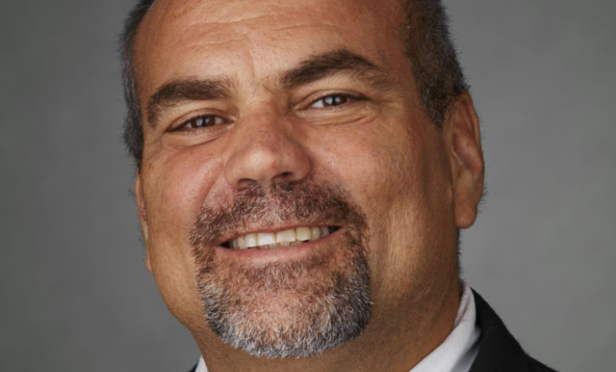Last year, there was a rush to refinance debt while interest rates remained low because most owners expect rates to increase this year. While rates did increase initially, the Fed has since shifted its policy and cut rates back again—but that doesn't mean there is not need to continue to lock in low rates. David Pascale of George Smith Partners says that there should still be some urgency to refinance debt.
"With rates where they are now, if you can lock them in, there still should be some urgency, particularly on the fixed rate side," Pascale, SVP at George Smith, tells GlobeSt.com. "Locking in a 10-year fixed rate loan at sub 4% is extraordinary, and even if the treasury and LIBOR are permanently low or are for a long time, credit spreads can be volatile."
Credit spreads could increase as a result of corporate debt, particularly if companies with debt are downgraded. "There is a lot of corporate debt with BBB-rated companies. If they get downgraded to BB rating, it could cause credit spreads to spike in the corporate sector. Real estate loan spreads often mirrors corporate debt spreads," says Pascale. "I don't see much possibility for a compression of credit spreads because they are so low right now. If lenders start to perceive more risk on the horizon, especially with many of them selling loans into the secondary market, you could see some spread widening in the future."
Last year, the rush to refinance was driven by increasing rates coming from Fed policy. Now, the risk is with credit spreads. "A year ago, people thought the treasury was jumping up to 4%, and that floating and fixed-rate indexes were going up. Now that that fear has ebbed, we need to focus at the credit spread portion of the all in loan rates."
The Fed has shifted its policy over concern about an economic downturn. If that concern comes to fruition, it will almost certainly also impact credit spreads. "Let's say the Fed is correct and storm clouds are on the horizon, and they cut rates to keep indicies low," explains Pascale. "If the economy stumbles, property occupancy will go down, rents may drop, etc. Then credit spreads will widen and it will create a domino effect where underwriting standards start to tighten and loan amounts get smaller. With pretty good underwriting standards and low credit spreads, I think that borrowers should be looking at today as an opportunity to lock in rates and de-risk themselves in the future."
Want to continue reading?
Become a Free ALM Digital Reader.
Once you are an ALM Digital Member, you’ll receive:
- Breaking commercial real estate news and analysis, on-site and via our newsletters and custom alerts
- Educational webcasts, white papers, and ebooks from industry thought leaders
- Critical coverage of the property casualty insurance and financial advisory markets on our other ALM sites, PropertyCasualty360 and ThinkAdvisor
Already have an account? Sign In Now
*May exclude premium content© 2025 ALM Global, LLC, All Rights Reserved. Request academic re-use from www.copyright.com. All other uses, submit a request to [email protected]. For more information visit Asset & Logo Licensing.








